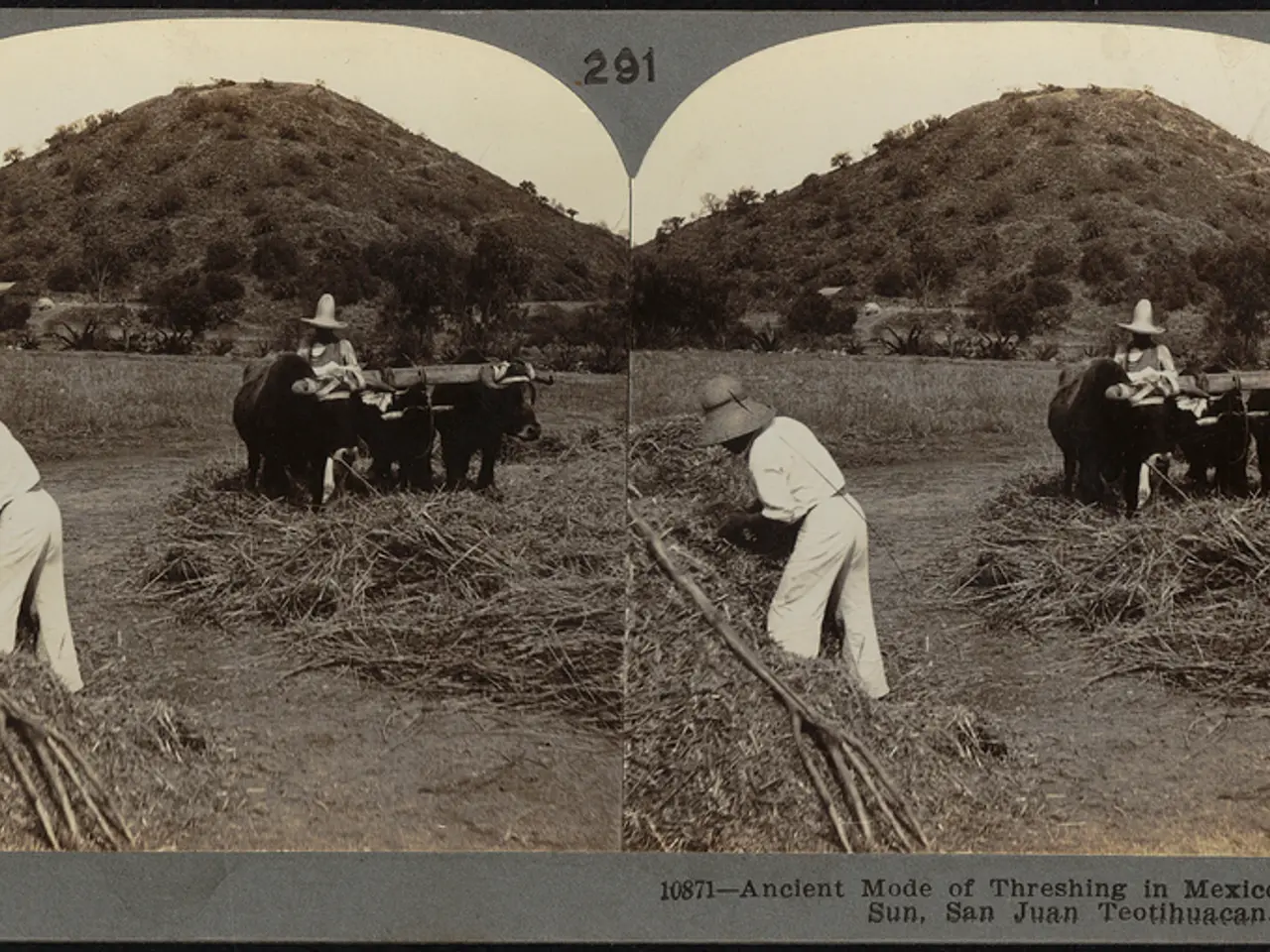Wisconsin’s steep animal market fee hikes spark rural backlash and legislative pushback
The Wisconsin Department of Agriculture, Trade and Consumer Protection (DATCP) recently proposed substantial increases to fees related to animal markets, animal dealers, and animal trucker licenses. The suggested hikes, however, faced significant opposition from the Wisconsin Farm Bureau and Americans for Prosperity - Wisconsin.
The proposed changes included a substantial jump in a livestock market fee, from $420 to $7,430. Similarly, trucker license fees were set to increase from $60 to $370, and animal dealer fees from $220 to $670. DATCP attributed these changes to an 'inflationary adjustment', as the fees had not been reviewed in nearly two decades.
The fee increases sparked concern among rural and agricultural communities. Americans for Prosperity - Wisconsin argued that the changes were part of the administration's top-down approach and a burden on these communities. The opposition led to Sen. Romaine Quinn, R-Birchwood, introducing Senate Bill 622 to keep the fees at their December 2024 levels and limit DATCP's power to establish fees. Following the public backlash, DATCP Secretary Randy Romanski announced that the department would significantly reduce the proposed fee increases.
The proposed fee hikes by DATCP have been met with significant pushback, leading to a reduction in the proposed increases. Senate Bill 622 aims to cap these fees, reflecting the concerns of rural and agricultural communities. The final fee structure remains to be determined.
Read also:
- American teenagers taking up farming roles previously filled by immigrants, a concept revisited from 1965's labor market shift.
- Weekly affairs in the German Federal Parliament (Bundestag)
- Landslide claims seven lives, injures six individuals while they work to restore a water channel in the northern region of Pakistan
- Escalating conflict in Sudan has prompted the United Nations to announce a critical gender crisis, highlighting the disproportionate impact of the ongoing violence on women and girls.







